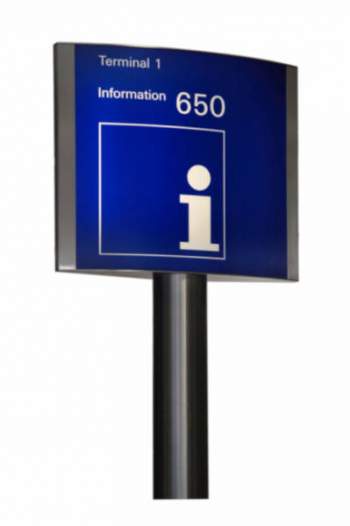
Money Market Account FAQS

What is a Money Market Account?
A money market account is a unique type of savings account offered by credit unions and commercial banks. Although a money market account is offered like a regular savings account, the primary difference between the two saving strategies is that money markets are attached with higher interest payments and require a higher minimum balance to avoid monethly fees. Additionally, the typical money market account will only allow an individual or entity to withdraw monies from the account 3 to 6 times per month.
Another difference between a money market account and a typical savings account is that, similar to a checking account, the majority of money market accounts enable the investor or saver to write up to three checks per month. The checks issued, will debit monies directly from the money market account similar to a typical checking account.
Similar to bank accounts, the monies kept in a money market account are insured by the Federal Deposit Insurance Corporation (the FDIC). This insurance policy offers protection to the investor even if the underlying bank or credit union goes bankrupt or insolvent.
What does a Bank or Credit Union do with your Money?
Money market accounts are deposit accounts offered by banks or credit unions. The money kept by a bank account or credit union is then subsequently invested in corporate and government securities. In turn, the money market account and the coordinating bank or credit union will pay the depositor interest according to the current interest rates in the money markets.
How is a Money Market Account Legally Viewed?
Similar to a Negotiable Order of Withdrawal Account, a money market account is structured in accordance with Regulation Q, which forbids paying interest on generic checking accounts. As a result, money market accounts bear interest, and enable the depositor to write checks; however, due to various restrictions, money market accounts are not legally viewed as checking accounts.
Since a money market account is not viewed as a transaction account, the investment option is subject to the regulations on saving accounts, primarily the restriction that impedes a depositor from accessing more than 6 withdrawals to third parties per month. Banks or credit unions will discourage depositors from exceeding such limits by imposing high fees or by closing their accounts.
What is the FDIC?
The FDIC is an independent agency of the United States Federal Government that was created in 1933 as a result of the multitude of bank failures due to the economic boom of the 1920s and the subsequent collapse of the economy during the Great Depression. Since the FDIC’s creation, not a single person has lost money by keeping their money in a bank or credit union that was insured by the FDIC.
The monies kept in a money market account with a credit union are insured by the National Credit Union Administration.
NEXT: Money Market Funds





















